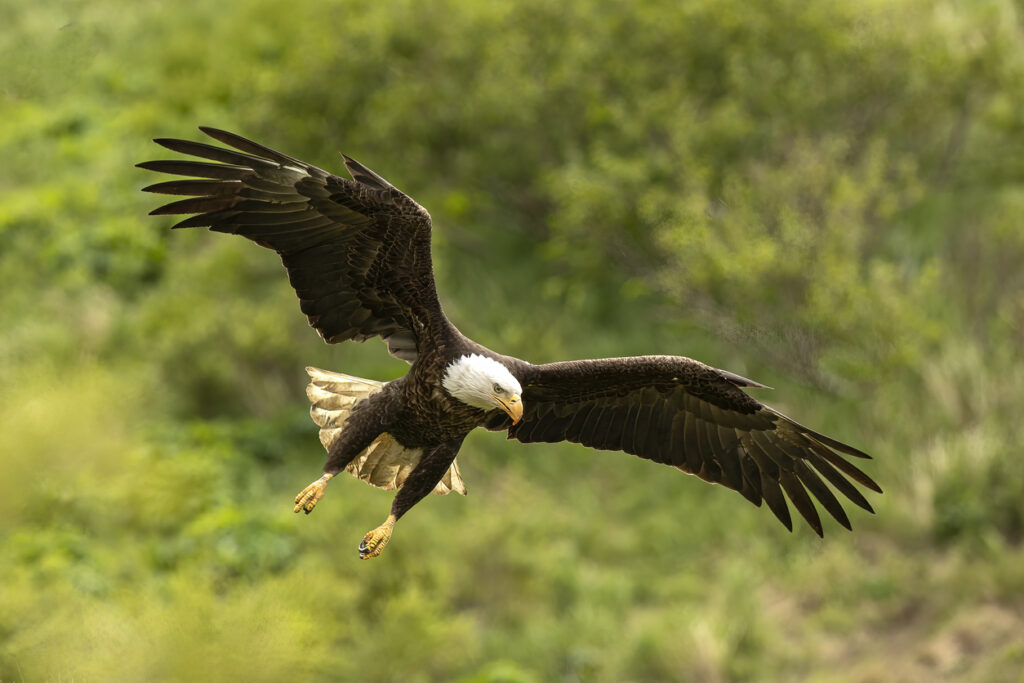Update: Gov. Jared Polis signed SB 22-169 into law on Friday, May 20.
By Jeffrey A. Roberts
CFOIC Executive Director
Restricting access to certain public records in Colorado will protect the state’s wildlife and sensitive plant species, some state lawmakers say.
That’s the aim of Senate Bill 22-169, which cleared the Senate Agriculture and Natural Resources Committee on a 6-1 vote Wednesday.
As introduced, the proposal from Sen. Kerry Donovan, D-Vail, and Rep. Perry Will, R-New Castle, would have changed the definition of “public records” in the Colorado Open Records Act (CORA) to exclude information in records that could reveal the location of “an individual animal, a group of animals, a sensitive plant species, or a sensitive species habitat.” That includes GPS collar data collected and analyzed by the state Division of Wildlife.
The committee amended the bill to give records custodians discretion under CORA to withhold data or information that could reveal the specific location of a plant species “identified as a Colorado plant of greatest conversation need” in the state’s wildlife action plan, an individual animal or group of animals, or an animal’s breeding or nesting habitat.

During a committee hearing last month, Donovan said she introduced SB 22-169 because CORA is being “weaponized” by some people to look for burrowing owl nests, bald eagles, bighorn sheep, sage grouse and sensitive plant species.
“The message and intent of this bill is to not say to citizens of Colorado or guests of our state, ‘We don’t want you to enjoy or see our remarkable wildlife or visit our spectacular places.’ CORA is not the tool to facilitate that experience,” she said.
Doug Vilsack, the Colorado Department of Natural Resources’ assistant director for parks, wildlife and lands, testified that his agency gets “many questionable requests under CORA for wildlife data. And at this point, it’s very difficult to prevent that information from being produced.”
He cited a recent request for hunter kill-site locations in tabular format, with coordinates and measurements, for bighorn sheep, moose and mountain lion.
“They’re asking for large animals that have been killed and where they were killed, which obviously would be very helpful if you were thinking about trying to go get a trophy bull elk,” Vilsack said. “So that’s not great, but at this point we don’t have much ability to not produce that.”
The Colorado Freedom of Information Coalition, the Colorado Broadcasters Association and the Colorado Press Association asked that the bill be amended because, as introduced, we believed the restriction was too broad and could possibly limit news reporting and research on wildlife and environmental issues, as well as photography.
The committee did not accept our request to allow access to records used for a public purpose, journalism or academic research. But, as we suggested, it moved the exemption to a CORA section that permits discretionary withholding if a records custodian determines disclosure would be “contrary to the public interest.” Doing so will let someone appeal a denial of access to records in court.
“We need to make sure that we’re not encumbering upon the press’s ability to seek records for their important work of holding the government accountable and looking at transparency or very thoughtful requests for research, etc.,” Donovan said.
“… What this this bill does as amended is prevent is an overzealous, selfish person seeking to own something that actually belongs to the people of Colorado.”
Follow the Colorado Freedom of Information Coalition on Twitter @CoFOIC. Like CFOIC’s Facebook page. Do you appreciate the information and resources provided by CFOIC? Please consider making a tax-deductible donation.




